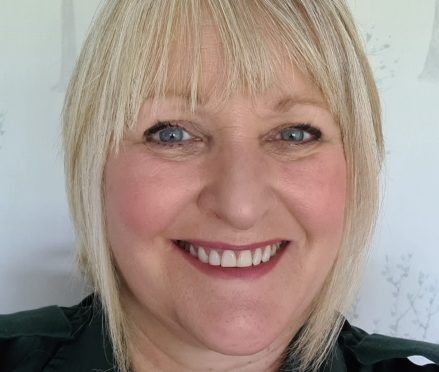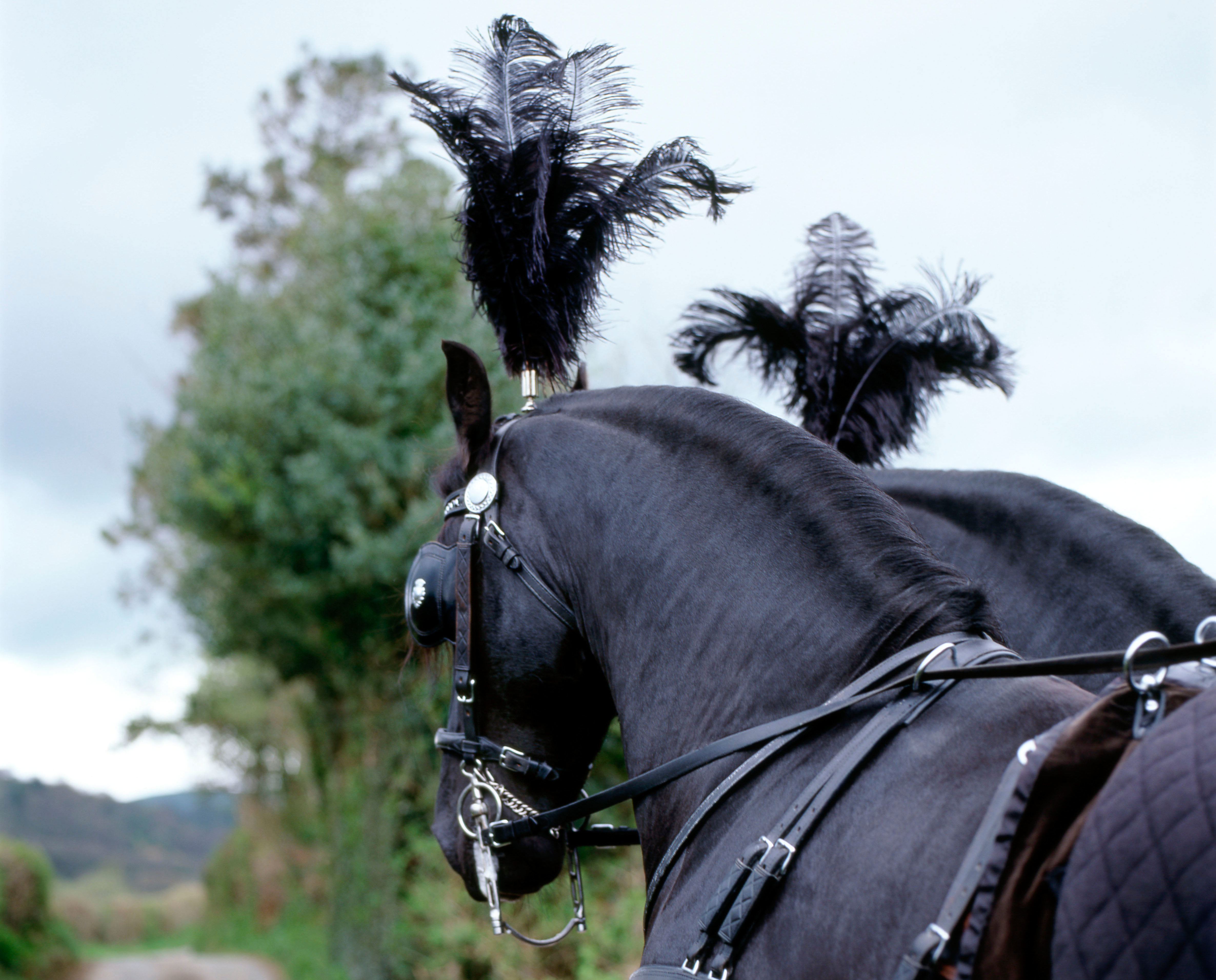
American author Mark Twain observed how fascinating it would be to eavesdrop on our own funerals through his fictional character, Tom Sawyer.
But what if it this was something we could actually do in real life?
The phenomenon of attending our own funerals is on the rise across the world, and now, a celebrant based in Ayrshire is hoping to bring these ‘living funerals’ to Scotland.
Alison Harryman, who runs celebrant service, Allium Ceremonies, believes being present at your own funeral is a way for families to say goodbye properly, and allows people to have a sense of closure they may not have otherwise had.
Mostly reserved for people who are terminally ill, or who have reached a very old age, living funerals allow the ‘honoree’ to hear the eulogies, praises and farewells they would not have otherwise heard in death.
Described as ‘a cross between a wedding and a funeral,’ living funerals can be either formal or informal get-togethers of loved ones in any place that honours the person they are for.
“I think it’s a lovely thing,” said Alison, 54.
“It’s not about people being self-centred or just hearing people say nice things about them, it’s for people that know their time will be up soon, and this is a way for them to bring all their loved ones together in the same place before they die. Like a final goodbye for them if you will.
“Sometimes people are too sick or ill at the end to say what they want at their funeral, but this way they have an active role in planning it.
“It gives them something to focus on and give them a sort of closure and relief and control over something, when they don’t have much control over anything else anymore.
“Also, think of all the people you know who have died and you wish you’d had a chance to say goodbye properly before they were gone for good, all the things you wish you’d gotten to say. Living funerals offer this chance.”
Living Funerals are currently non-legal ceremonies, but Alison hopes this might come to change.
Indeed, living funerals are one of the main types of ceremonies that made the mum of two want to get into celebrancy in the first place.
“When I joined the Celebrant Association, I was asked what kind of ceremonies I really wanted to do and when I said living funerals they seemed quite shocked.
“But I just think they are so much more fulfilling than a normal funeral because you are seeing that person connecting with their family, and yes, it may be sad, but there will also be bits that are jovial.
“Living funerals offer a chance for the person themselves to enjoy that happiness and see exactly how their lives have positively impacted those around them.”
Alison’s own experiences have also helped to shape her feelings about living funerals and mortality, having worked as a paramedic, and sadly seeing her niece die from cancer.
“Before my niece passed away, we did a big charity night for the hospice where she was, and it was great – we had an Elvis impersonator and we had a comedian in, and it was so upbeat.
“That night was so great because she managed to come to it and she had such a great time herself, and that’s the kind of things about the person you want to remember, not the person lying in their hospice bed, no longer who they were before.
“That’s what I’m trying to do with the living funerals, just realising that yes, there is going to be an end point, for all of us, but it doesn’t have to wholly sad.”
Big in South Korea and Japan – where they are called a seizenso – live funerals are also gaining popularity in America and are starting to encroach across the pond, with a few having taken place in England.
“There’s a lot of countries that don’t even mourn when the dead are gone and for example in Japan, they don’t wear black to funerals, they wear white as a sign of purity,” explained Alison.
“Different cultures have completely different ways of looking at it. And I think because we are such a multicultural society nowadays, many aspects are infiltrating the Scottish or British way of thinking about death.”
But Alison believes death is still a subject many of us find difficult to talk about, even for those who are dealing with it on a daily basis.
“It’s still such a taboo subject – even for people I’ve worked with in the NHS,” she continued.
“We don’t as a society like to talk about death or really acknowledge it and I think that needs to change – it comes to us all and we all have to deal with it at some point in our lives, so we should embrace it and challenge it face on with a positive spin.
“Once you start actually talking about it, you find people do like to open up and before you know it everyone’s started picking their funeral songs, everyone’s saying what they’d want said about them in their eulogies, and everyone’s laughing and joking about who’d be invited and who wouldn’t be.
“There are a lot still who will look a funerals as something where everyone should be crying and there should be no laughter or happiness, but I think in many ways they should be a time for celebration.
“A time where we celebrate the fact we all knew this wonderful person and yes, they are gone, but they brought so much happiness to the world while they were alive. Their life was an amazing thing.”

Enjoy the convenience of having The Sunday Post delivered as a digital ePaper straight to your smartphone, tablet or computer.
Subscribe for only £5.49 a month and enjoy all the benefits of the printed paper as a digital replica.
Subscribe